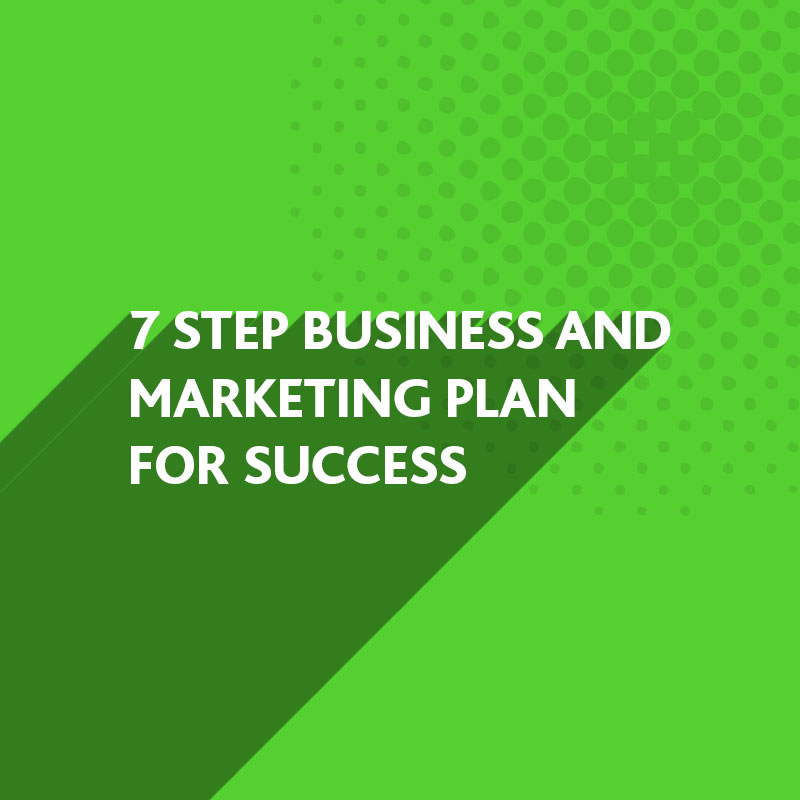
A successful business can happen naturally but a truly strategic business and marketing plan can help to keep you focused on moving forward toward what you want your business to achieve.
When asking clients if they have developed a business and marketing plan, rarely do they answer with a simple ‘yes’.
We all know that it’s not easy to take time away from your everyday business to develop a detailed marketing plan. But, if you develop a good business and marketing plan that works for your company, you’ll absolutely increase business. Importantly you will be able to gauge what strategies are working and which are not. This will enable you to free yourself from the things that are not helping you to move your business forward.
Here are seven steps to consider when developing a successful business and marketing plan.
1. Always ask questions about what you are doing and be as honest as you can when answering them.
For example:
- Why are you, as an entrepreneur or business owner, doing what you do?
- What is it that drives you to help your clients?
- What differentiates your company from others?
- What motivates you to get up and be excited about your business?
2. Determine who your ideal customer is and be very specific.
- Here are some questions to get you started:
- What is their social-economic situation?
- How old are they?
- What is their title?
- What type of car do they drive?
- What type of company do you want to do business with?
- How many employees does the company have?
- What is their yearly revenue?
- What industry are they in?
It’s important to know as much as you can about your target customer or client as you will be developing your marketing strategy, literature and content to attract them.
3. Put a number to it and plan your financials.
- What are you spending every month?
- What are the normal monthly business expenses that you have to account for?
- What projected business expenses do you have?
- If you are an entrepreneur, what personal expenses do you have to meet every month?
4. Target financial goals.
- What revenue do you want to bring in monthly?
- How much do you want to grow your business?
5. Along with your financial goals, what services or products are you selling?
- What products or services can you “package”?
- How much are you going to charge for your different packages or products?
- What type of research do you need in order to price your products or packages?
- What is your projected target for sales on each product, category of product or service?
6. Now you need to develop your marketing plan.
- What online strategies such as blogging, Facebook, Twitter, Instagram etc., are you going to incorporate into your marketing plan?
- How many times/week or per month will you be on there?
- Will you use an email marketing program?
- How are you going to grow your social network?
- What type of networking groups will you attend?
- How will you follow up?
- What other types of marketing efforts do you want to incorporate? How often?
I always think it’s good to cover the basics. You should consider putting some of your current customers on follow-up phone calls as part of your marketing. It’s always good to be at the front of peoples minds.
7. Use a list for things you want to do that you are putting off or don’t have time for.
I call this a “Pending Items Needing Attention” list. Write down everything on this list that is causing stress and is keeping you from focusing on your business. Assign others in your company to help you do some of these things or commit to doing a few items every week. If you work alone then chose a day to focus on at least one of these elements instead and gradually you will be ‘chipping away at the stone’. I do this for my personal life because, as an owner of my own business, this affects my productivity and adds to stress.
Commit to spending a few hours over the next few days to create or update your business and marketing plan. And be sure to review and update your plan at least monthly so that you keep on track.
